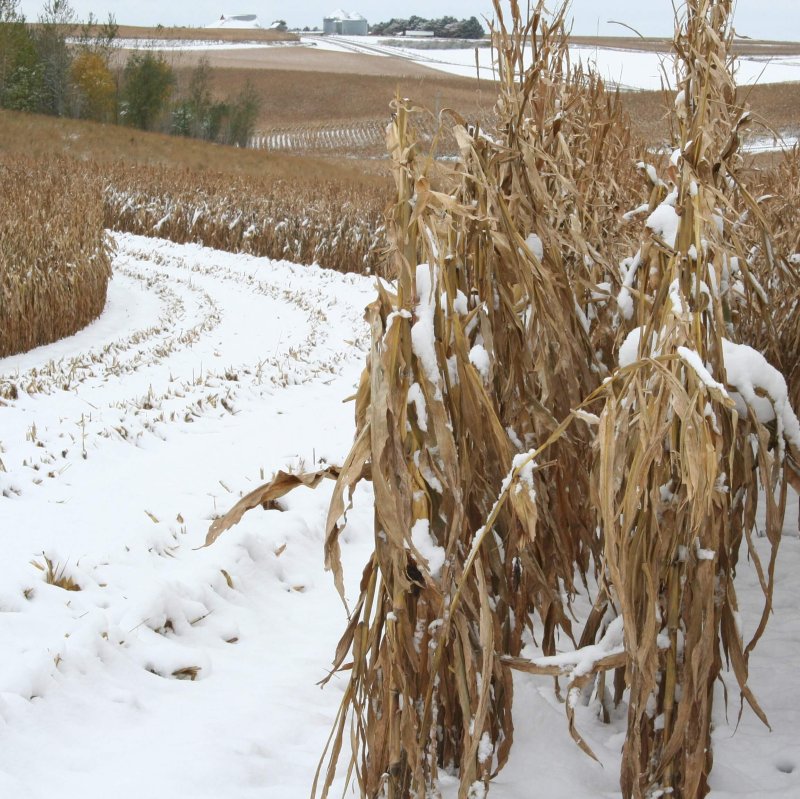Researchers from The University of Western Australia have found that an enzyme in plants, ATP Synthase, plays a critical role in how plants respond to the cold. The discovery, published in New Phytologist, could be used to produce frost-resistant crops, which would save the agricultural industry millions of dollars every year.
…
The finding has led to new revelations about plant responses to temperature. Dr Sandra Kerbler, from UWA and PEB said the benefits of understanding a crucial enzyme for energy production being so sensitive to cold was of great use to the agricultural industry and to the future of producing frost-resistant crops.
“The research has changed previous thoughts of how plants cope with temperature stress and has highlighted new angles for investigation,” Kerbler said.
“A better understanding of how a plant’s energy production is altered in response to changing temperatures could inform how we breed plants that are more adaptive to climate change.”
Read full, original article: Understanding Enzyme Could Help Produce Frost-Resistant Crops































